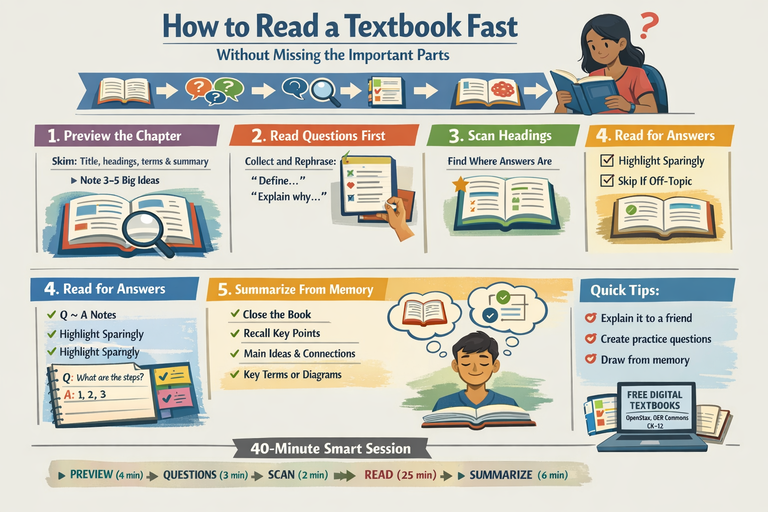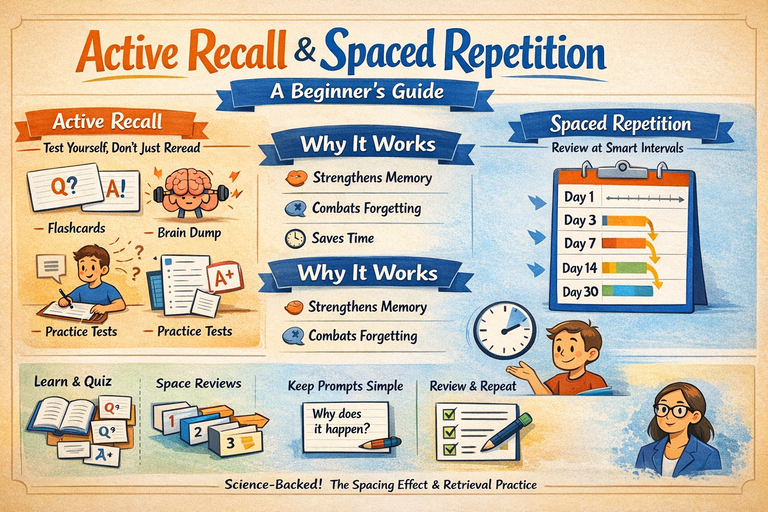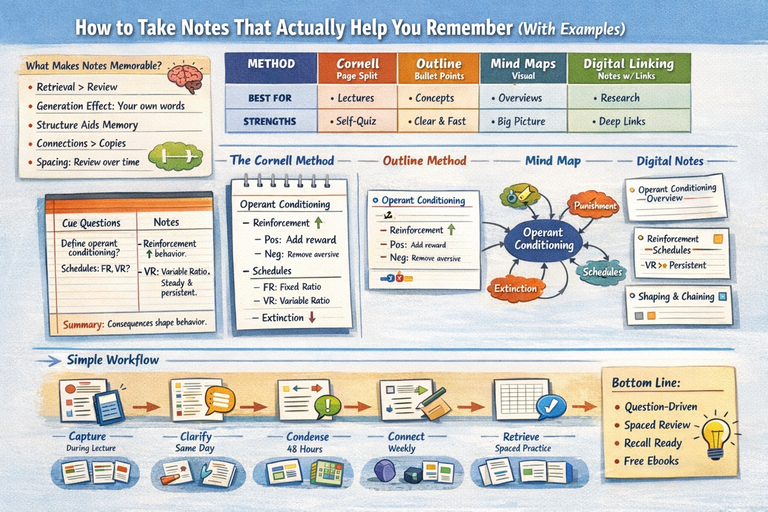How to Overcome Writer’s Block and Stay Motivated
Every writer, no matter how experienced, eventually hits a wall — that frustrating moment when the words just won’t come. Writer’s block can be short-lived or linger for weeks, sapping your confidence and enthusiasm.
For some, it’s a blank page staring back at them; for others, it’s losing momentum halfway through a manuscript. The good news is that writer’s block is not permanent, and motivation can be rekindled.
By understanding what causes the block, applying practical strategies, and creating a sustainable writing routine, you can get your creativity flowing again and keep it going.
1. Understand the Root Causes
Writer’s block is rarely just about “not having ideas.” Often, it’s a symptom of something deeper.
Perfectionism can make you afraid to put imperfect words on the page. Overwhelm can come from trying to tackle too much at once or from unclear story direction. Self-doubt can convince you your work isn’t good enough to continue.
Life stress, fatigue, or burnout can also play a role. Identifying the underlying cause helps you choose the most effective solution rather than applying random fixes.
2. Remove the Pressure to Be Perfect
One of the quickest ways to stall your writing is by expecting every sentence to be brilliant on the first try. Remember: first drafts are supposed to be messy.
Give yourself permission to write badly — you can always refine later. Some authors use timed writing sprints, committing to write without editing for 10–30 minutes at a time. Others turn off their computer screen or use distraction-free writing tools so they focus on getting words out rather than critiquing them in real-time.
3. Break Projects into Smaller Pieces
If the scope of your project feels overwhelming, break it down into smaller, more manageable tasks.
Instead of saying, “I need to write a novel,” focus on writing one scene or even one paragraph. Progress in small increments builds momentum, and momentum often leads to renewed creativity.
Creating a detailed outline or checklist can also give you a clear roadmap, making the work feel less daunting.
4. Change Your Environment
Sometimes a change of scenery can trigger fresh ideas. If you normally write at a desk, try moving to a café, library, park, or even a different room in your house.
Background noise, new surroundings, or simply shifting your posture can stimulate your brain in unexpected ways. Some writers even set up multiple “writing spots” they rotate through when they feel stuck.
5. Establish a Writing Routine
Inconsistency can make writing harder. Set aside dedicated writing time, even if it’s just 20 minutes a day.
When writing becomes a habit, your brain learns to shift into creative mode more easily. Your routine doesn’t have to be rigid, but having a consistent schedule builds discipline and reduces the mental effort required to start each session.
6. Use Prompts and Exercises
Writing prompts can help bypass mental blocks by giving you a specific starting point.
Try prompts that challenge you to describe an object in detail, write a scene in an unfamiliar genre, or create dialogue between two random characters.
Freewriting — writing continuously without worrying about grammar, spelling, or coherence — can also unlock ideas you didn’t know were there.
7. Read to Refuel Your Creativity
When your own words won’t come, immerse yourself in someone else’s.
Read books in your genre to remind yourself what excites you about storytelling. Read outside your genre to spark new ideas and perspectives.
Sometimes a beautifully crafted sentence or a compelling character from another author can inspire your own writing.
8. Step Away and Recharge
Pushing yourself harder isn’t always the answer. If you’re truly burned out, taking a break may be what you need.
Go for a walk, exercise, spend time with friends, or engage in hobbies unrelated to writing. These activities can replenish your mental energy and give your subconscious time to work through story problems.
The key is to take intentional breaks rather than drifting away from writing entirely.
9. Set Realistic Goals
Unrealistic goals can crush motivation. Instead of aiming to write 5,000 words every day, start with a target you can reasonably meet — even 300 words a day adds up over time.
Hitting your goals consistently builds confidence, which in turn helps break the block.
Tracking your progress visually, such as marking a calendar or using writing apps that log your word count, can give you a satisfying sense of accomplishment.
10. Seek Feedback and Support
Sometimes writer’s block stems from feeling isolated or uncertain about your work.
Share a chapter or scene with trusted beta readers, writing groups, or mentors. Constructive feedback can offer clarity and spark new ideas.
Having a support system also gives you encouragement when your motivation dips. Online writing communities, workshops, and accountability partners can help keep you on track.
11. Reconnect with Your “Why”
When motivation fades, remind yourself why you started writing in the first place.
Was it to tell a story you’ve always wanted to share? To help others through your nonfiction expertise? To explore an idea or emotion through art?
Revisiting your core motivation can reignite your passion and push you past the block. You might even write out your reasons and keep them somewhere visible.
12. Experiment with a Different Approach
If your current writing method isn’t working, change it up.
Plotters might try pantsing for a scene to see where it leads. Pantsers might create a loose outline to regain direction.
If you usually write in the morning, experiment with evening sessions. You might discover that a small shift in process makes a big difference in productivity.
13. Lower the Stakes for Creativity
Some blocks happen because we treat every project as “the big one” that has to succeed.
Working on a side project — a short story, blog post, or personal essay — can take the pressure off and remind you that writing can be fun.
Not everything you write has to be publishable; some pieces can simply be exercises in creativity.
14. Use Deadlines Wisely
Deadlines, even self-imposed ones, can create urgency that overcomes procrastination.
If you work well under pressure, set a due date for a chapter or draft and commit to it publicly by telling a writing buddy or posting it in a group.
For others, overly tight deadlines create anxiety that worsens block, so know your own threshold.
15. Accept That Writer’s Block Is Normal
One of the most demotivating aspects of writer’s block is believing you’re alone in experiencing it.
In reality, every writer — from beginners to bestsellers — faces it at some point. Treat it as a temporary challenge, not a sign you’re not meant to be a writer.
By normalizing the experience, you remove some of its power over you.
Conclusion
Writer’s block is not a sign of failure — it’s a natural part of the creative process.
The key to overcoming it and staying motivated is to identify the root cause, remove unnecessary pressure, and find ways to make writing enjoyable again.
Whether you change your environment, use prompts, adjust your goals, or take a short break to recharge, every step you take brings you closer to regaining momentum.
Writing is as much about discipline as inspiration, and once you build a routine that works for you, motivation will follow.
Most importantly, remember that creativity isn’t a finite resource; it’s a muscle that strengthens the more you use it. Keep showing up, keep writing, and the words will return.







